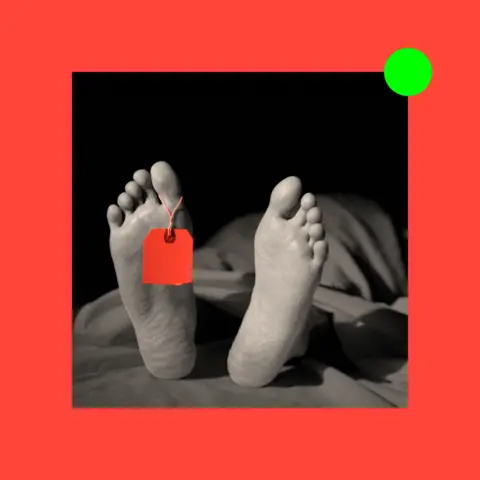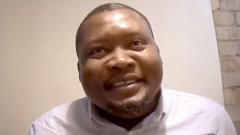The trade of human body parts in the US has become a complex and controversial industry. Cases like Harold Dillard's shed light on the operations of body brokers - private entities that dissect and sell body parts for profit. While donation can aid medical research and training, the lack of stringent regulations and ethical concerns highlight a need for change in how we handle body donations post-mortem.
Harold Dillard's story began in 2009 when he was diagnosed with aggressive cancer, leading him to end-of-life hospice care. In his last days, he chose to donate his body to a company that promised to use it for scientific research. However, after his death, his family received a shocking call from the police – his severed head had been found. Investigations revealed the company had mishandled over 100 body parts from 45 people, raising questions about respect and treatment of the deceased.
The lack of regulations surrounding body brokering in the US has allowed such practices to thrive, with many families unaware of the potential for exploitation. Critics argue that the industry operates like modern-day grave-robbing, while proponents state that body donation is crucial for medical training and research.
As the conversation continues, it becomes clear that the system needs reform. Suggestions range from stricter regulations to exploring advances in technology such as virtual reality to reduce reliance on human bodies for training. Addressing public awareness and promoting ethical donation practices may pave the way for a future where dignity and respect go hand in hand with medical advancement.
Harold Dillard's story began in 2009 when he was diagnosed with aggressive cancer, leading him to end-of-life hospice care. In his last days, he chose to donate his body to a company that promised to use it for scientific research. However, after his death, his family received a shocking call from the police – his severed head had been found. Investigations revealed the company had mishandled over 100 body parts from 45 people, raising questions about respect and treatment of the deceased.
The lack of regulations surrounding body brokering in the US has allowed such practices to thrive, with many families unaware of the potential for exploitation. Critics argue that the industry operates like modern-day grave-robbing, while proponents state that body donation is crucial for medical training and research.
As the conversation continues, it becomes clear that the system needs reform. Suggestions range from stricter regulations to exploring advances in technology such as virtual reality to reduce reliance on human bodies for training. Addressing public awareness and promoting ethical donation practices may pave the way for a future where dignity and respect go hand in hand with medical advancement.






















